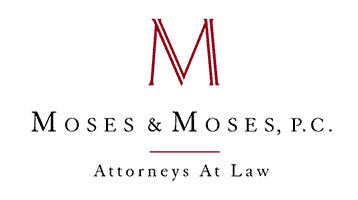It is very common to see different types of life insurance policies on the lives of key personnel, officers and directors which name the company as beneficiary to assist in replacing the deceased employee or overcoming the hardships related to loss of a founding member. We also see insurance policies owned by the company to fund the purchase of shares from a deceased shareholder’s estate.
When discussing corporate owned life insurance policies on the lives of key employees with our clients, we commonly hear two assumptions: 1) The proceeds of corporate owned life insurance policies are tax free income to the company; or 2) The proceeds of corporate owned life insurance policies are taxable income to the company. The fact is that neither of these assumptions are necessarily correct.
As a general rule, Section 101(j) of the Internal Revenue Code dictates that proceeds of corporate-owned life insurance policies are, in fact, treated as income to the company for tax purposes to the extent that the proceeds exceed an amount equal to the sum of the premiums and other applicable costs. However, this does not have to be! By jumping through a few simple hoops, Section 101(j) provides a vehicle through which the proceeds become non-taxable.
First, the corporation must give notice in writing to the employee that the company intends to insure the employee’s life and the maximum face amount for which the employee could be insured at the time the contract is issued. Secondly, the corporation must obtain written agreement from the employee consenting: (1) to the issuance of the policy; (2) that such policy may continue after the insured terminates employment; and (3) to the company being named as beneficiary. This consent must be obtained BEFORE the policy is issued.
Next, IRS Form 8925 must be filed with the corporation’s tax return at the end of the same year in which the policy was issued. This is a very strict deadline. If missed the only viable solution is the issuance of a new policy. It is not hard to envision a cost of up to 50% of the life insurance proceeds lost to taxes due to failure to adhere to the requirements of Section 101(j).
Always make sure that your attorney, your accountant and your insurance advisors are on the same page when creating a plan to provide for Corporate owned key man insurance policies.






